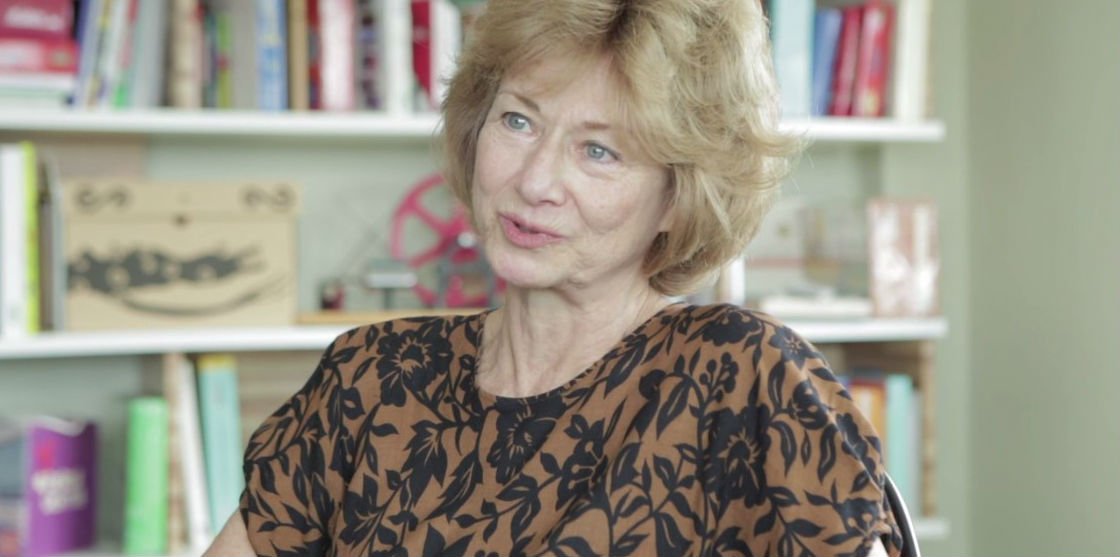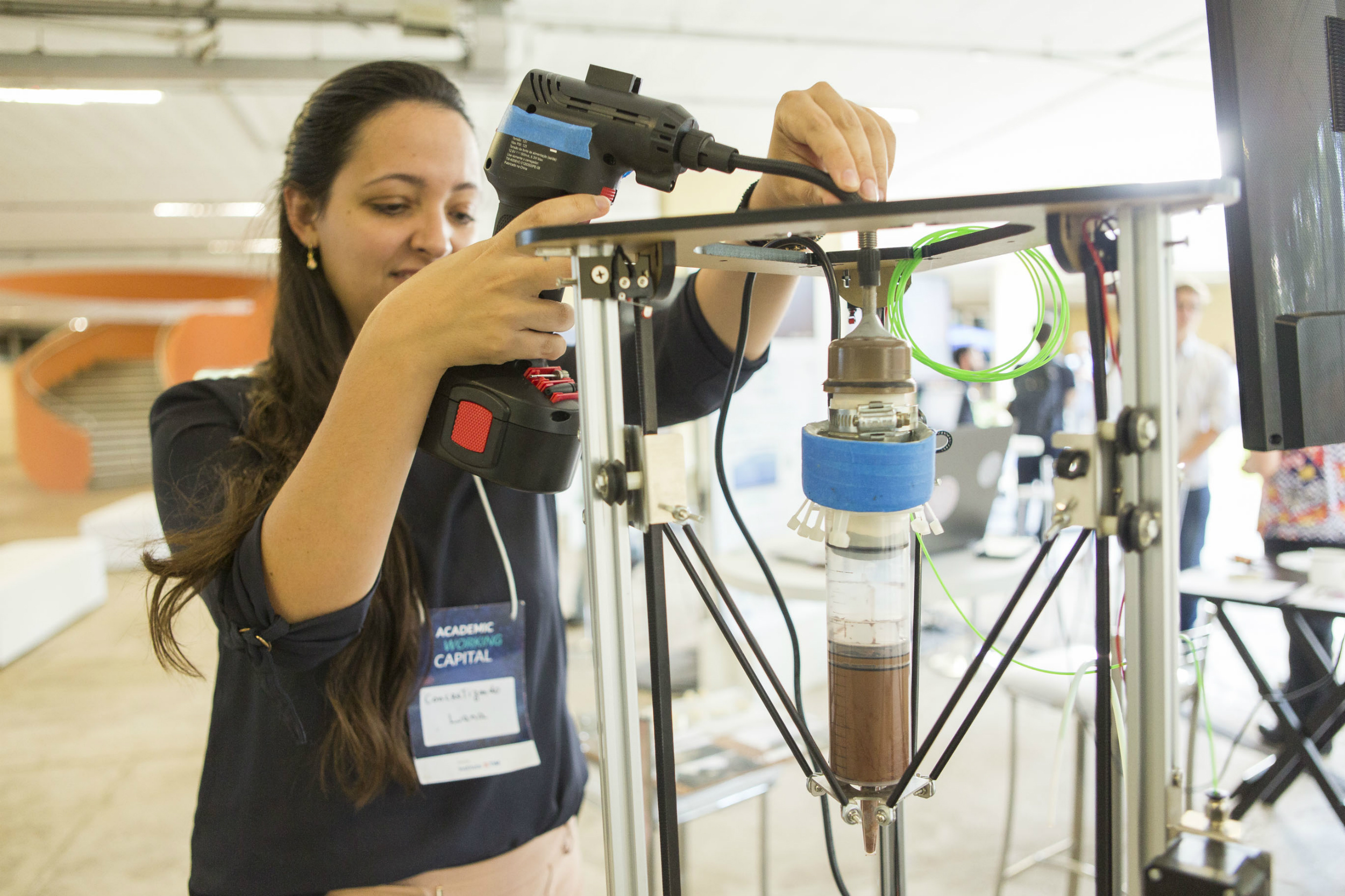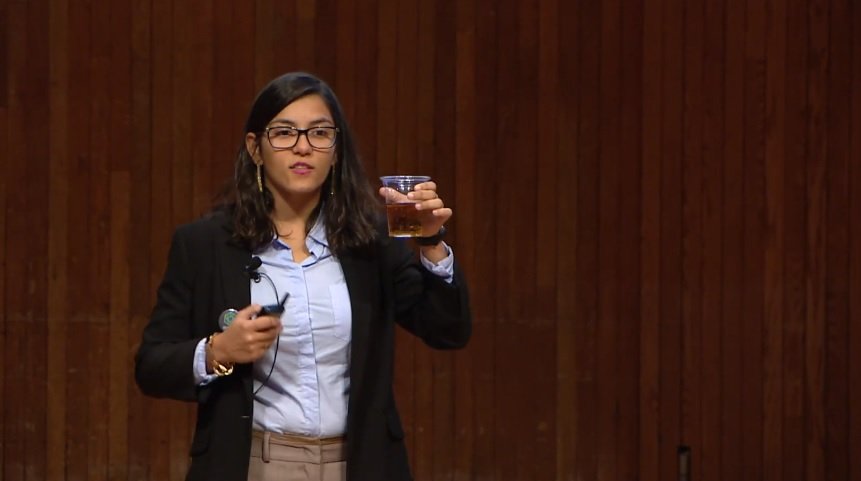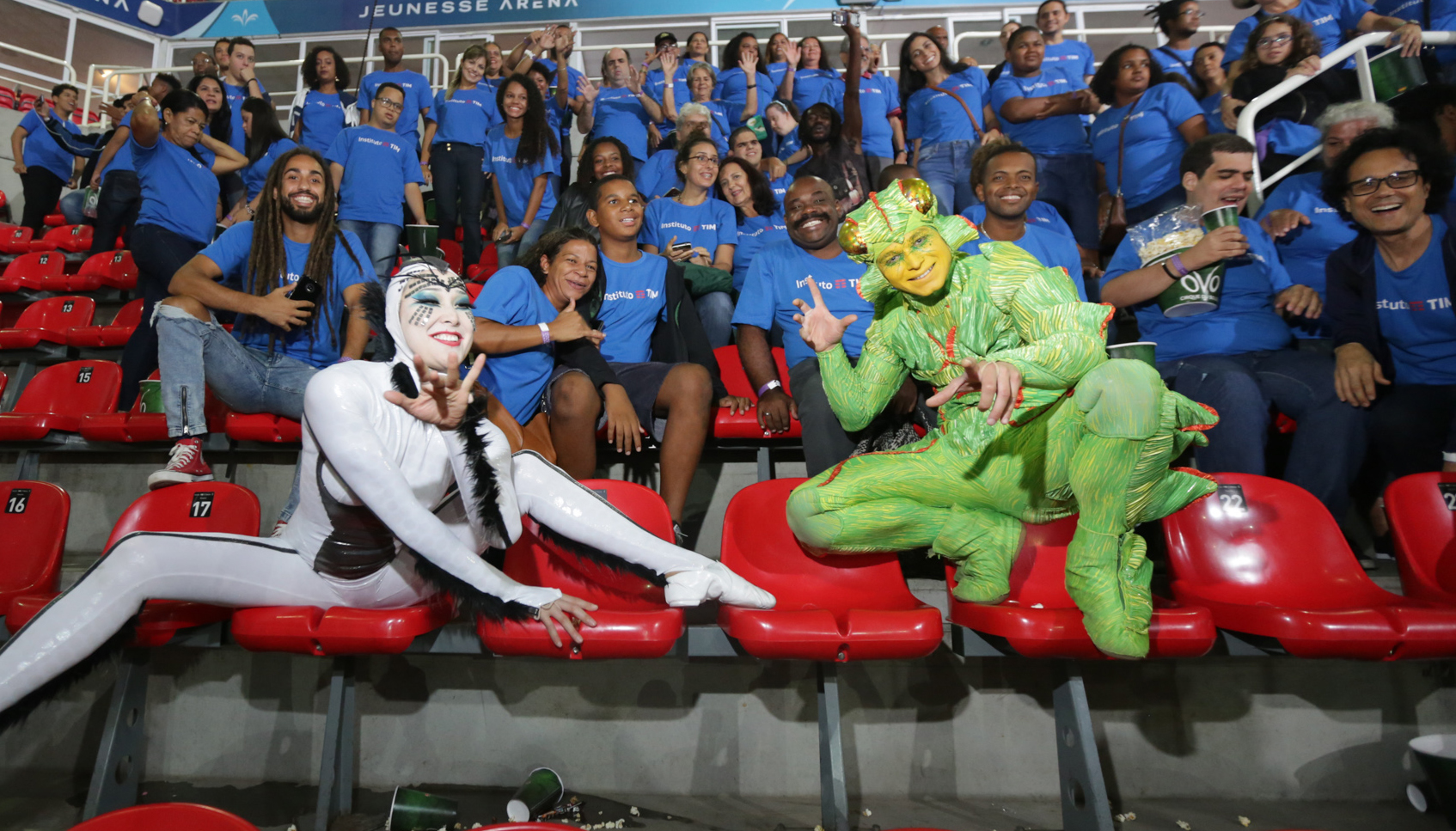
The Galeria de Pensadores (Gallery of Thinkers) from TIM Faz Ciência website gained two new members this year. The page contains videos with scientists and educators testimonials about the teaching of science for children. Joining the other five specialists who had already given interviews are Marlene Scardamalia, director of the Institute for Knowledge Innovation and Technology (IKIT); and Carl Bereiter, professor emeritus at the Ontario Institute for Studies in Education and founder, together with Marlene, of IKIT – both institutions are from the University of Toronto, in Canada.
Marlene explains in her video the Knowledge Building theory, which she developed with Carl in the IKIT, and that involves the enhancement of ideas so that schools can become knowledge creating places. “The core thing for us is to try to think how do knowledge creating organizations operate, what’s the discourse that drives ideas forward and how could we recreate that in classroom”, she says. To Marlene, students can also create knowledge, but they need to share their ideas and work collectively to improve them. “It’s this notion that if knowledge is just in your head, other people can’t build on it, they can’t evolve it into something new”, she states.
On the other hand, Carl discusses whether there are limits for children to learn science. “I think my answer would be: the limits are not anything to worry about,” he says. The professor exemplifies his answer with a situation in which students are trying to understand more about the rainbow. Even if it involves advanced concepts, such as trigonometry, children still can get new meanings from it and create their own theories, reaching a scientific progress. “When I say it’s a precious age is that, if you don’t do it then, if you don’t get them into this notion that the world is comprehensible at that time, they’re probably never going to get it”, he points out.
The first four videos of the Galeria de Pensadores were published along with the launching of the website, in 2014. José Sérgio Carvalho, lecturer in Philosophy of Education at the University of São Paulo (USP), says how science teaching contributes to the development of a critical attitude and has a relevant role in the students ethics and politics formation. The senior professor at the USP Institute of Physics Luís Carlos de Menezes highlights key aspects of science teaching, as the integration with other subjects and the use of new technologies.
Researcher at the Education College of the State University of Campinas (Unicamp), Cesar Nunes recommends an exercise to instigate the curiosity of children – which is essential in science – and mentions models of evaluation and classification of activities according to skills that go beyond the content comprehension. Lino de Macedo, a professor at the USP Institute of Psychology, reinforces the importance for students to learn about the processes and methods to produce scientific knowledge and to experience this in the classroom.
The fifth video has been added to the Galeria in 2015. Philosopher Telmo Pievani, associate professor at the Department of Biology of the University of Padua, Italy, explains two ways to make good science communication with children. He also reports the positive results obtained in didactic science laboratories and in work programs that gather philosophy and science for Elementary School students.






































































































